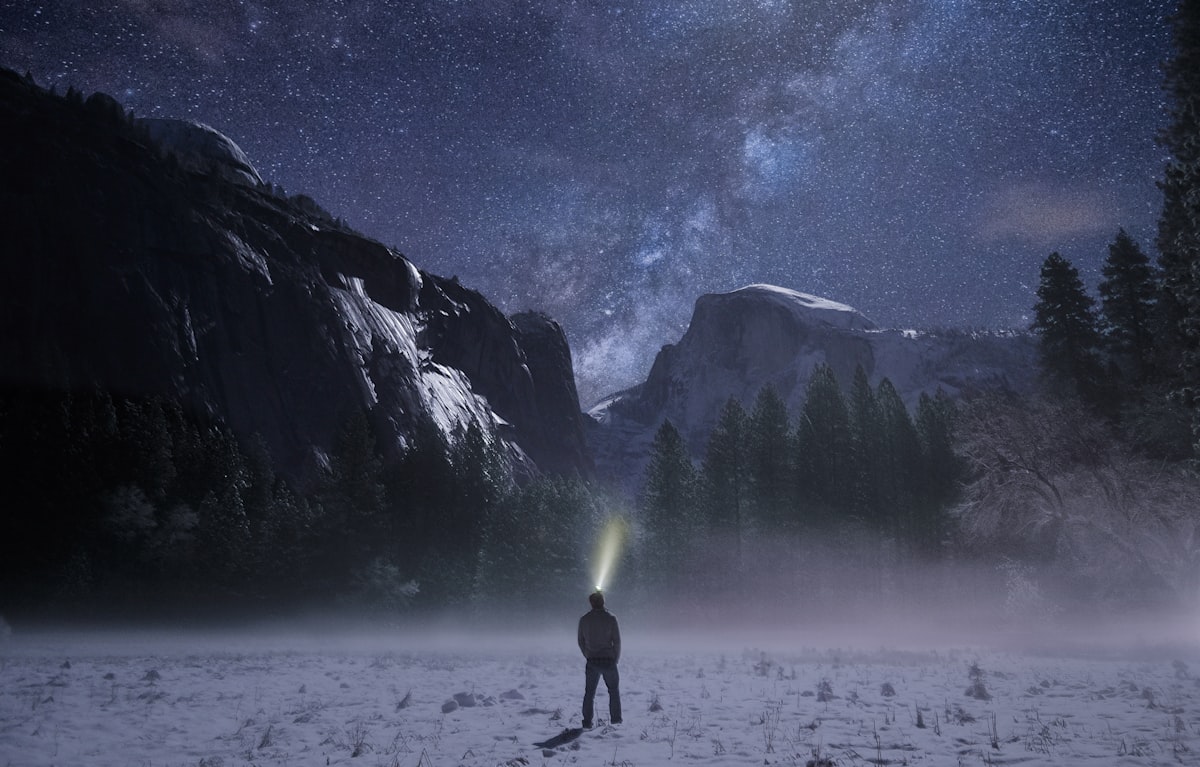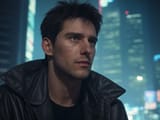Is science fiction a myth?
What happens when fanboys and bean counters take control of the writer's imagination?

The story goes like this:
Once upon a time, silly foolish humans believed that the world was flat and the stars hung in crystalline spheres around the firmament.
Then along came Copernicus, Galileo, Newton, and Darwin bearing the Truth of Science, and finally humankind could set aside our superstitious myths to see the world in the light of Reason.
Several hundred years into this process, this has become a firmly established bulwark in our culture.
Defenders of the so-called "Enlightenment" tell us that it's more than a cultural process. The truths uncovered by science are really-real stuff revealing the secrets of the universe. We've hit on truths which are unique, timeless, and universal.
Critics of the project have argued, for better and worse, that the process of revelation is hopelessly caught up in culture. The desire for pitiless objectivity remains above all a human desire, caught up in human projects and directed by human interests.
The narratives of the Enlightenment do have some claim to real innovation, if only because of their effects on our quality of life and our ability to do things. But they are narratives, all the same.
The dividing line between the old myths and the new sciences isn't nearly so clear as the "Pro" side of the argument wants it.
This battle won't be settled here. It raged, and still rages, through nearly every part of our culture.
Even in the arts, the push-and-shove between hard-line realists, who believe that art has an aesthetic and even an ethical duty to mirror reality, and those more "myth minded" creators who live in the airy-fairy spaces of the imagination, hasn't worked itself out.
It likely never will.
In a recent series of posts, author JD Cowan has lately explored the nerdish gatekeeping and corporate mediocrity that manufactured the genre of "Science Fiction" out of nothing. The series is well worth reading in its entirety.
If storytelling is about evoking certain patterns of feeling in the reader, then the narrative form, the use of evocative metaphor and figurative language, the telling of heroic and (yes indeed) moral tales, these are all central to science fiction.
They aren't distractions that you can dismiss with a wave of the hand and an appeal to The Rules.
The quest for faultless accuracy, excess attention to "the numbers", letting your story be told according to the limits of our best scientific theories, and other tropes of diamond-hard sci-fi can situate themselves within the genres of the fantastic.
Can.
I don't deny that part, and I'm not sure anyone would.
But we've all seen the nerds. We all know about "Fandom" and its bizarre obsession with details.
The issue comes when nerdly gatekeepers take it on themselves to build an iron fortress with a gator-filled moat around their special territory.
"That stuff", the likes of Burroughs, Howard, Lovecraft, and even Tolkien, goes over there in the fantasy box. We'll only allow the good stuff in here with us.
The obsession with manning the gates was only aggravated by its convenience for traditional "OldPub" publishing houses and the bookstore shelving format. Robots and spaceships go in Science Fiction, everything else is Fantasy.
Convenient, maybe, though not the stuff that a writer wants clogging up the imagination when it's time to create.
It's all fantastic literature. Even the sciency looking stuff with shiny chrome rockets and "nano-" prefixed to everything.
All speculation, all drawn from the well-stocked imagination of a creative mind.
All of these stories are Wonder Literature meant to evoke emotional responses in the reader with tales of far-off times and places.
As David Farland points out:
The big hits of all time have almost always been wonder literature—from Homer’s The Odyssey, to Milton’s Paradise Lost, and Shakespeare’s plays like A Midsummer Night’s Dream, The Tempest, and Hamlet. All of these were wonder literature, along with other such classics as Swiss Family Robinson, Treasure Island, and The Jungle Book.
Versimilitude matters -- but the point of imaginative literature is not to give the most accurate report on the facts and laws of nature.
It's to tell a story about interesting people with interesting prolems in interesting places.
We forget that at our own risk.
If I sound like an old romantic poet, then so be it. Romantics understood the human condition to a depth that no scientist -- or science-obsessed geek -- ever will.
PS – If you enjoy these posts, why not subscribe? That way you can receive them directly in your inbox... and you'll get the members-only posts.
There's no charge (yet) to subscribe as a free member, so click here and join now.

